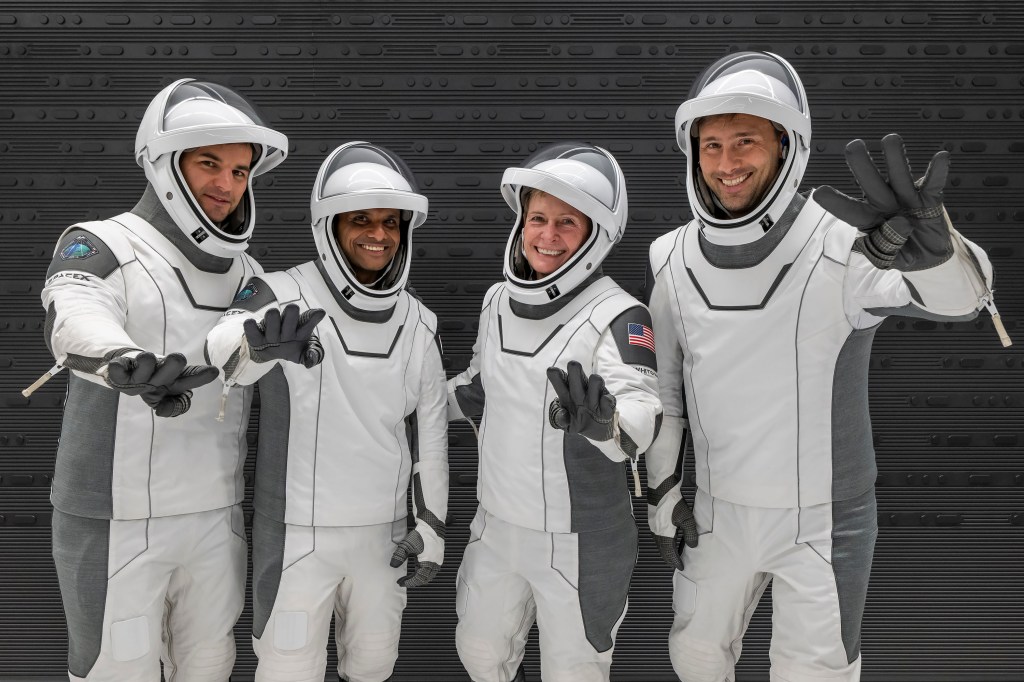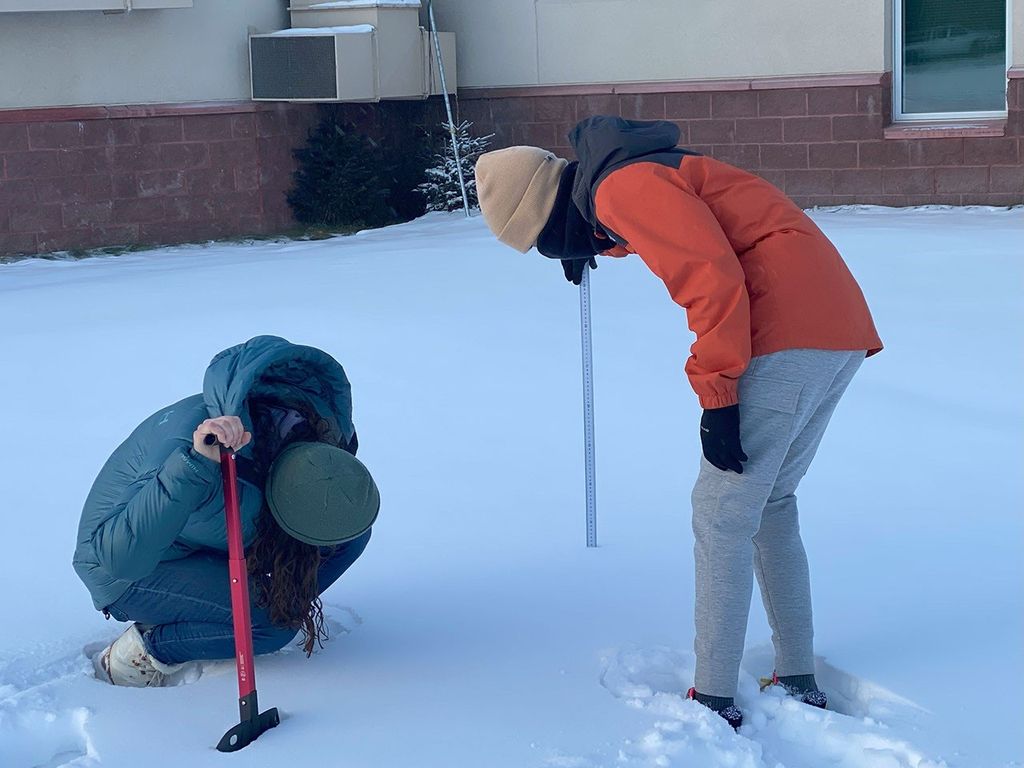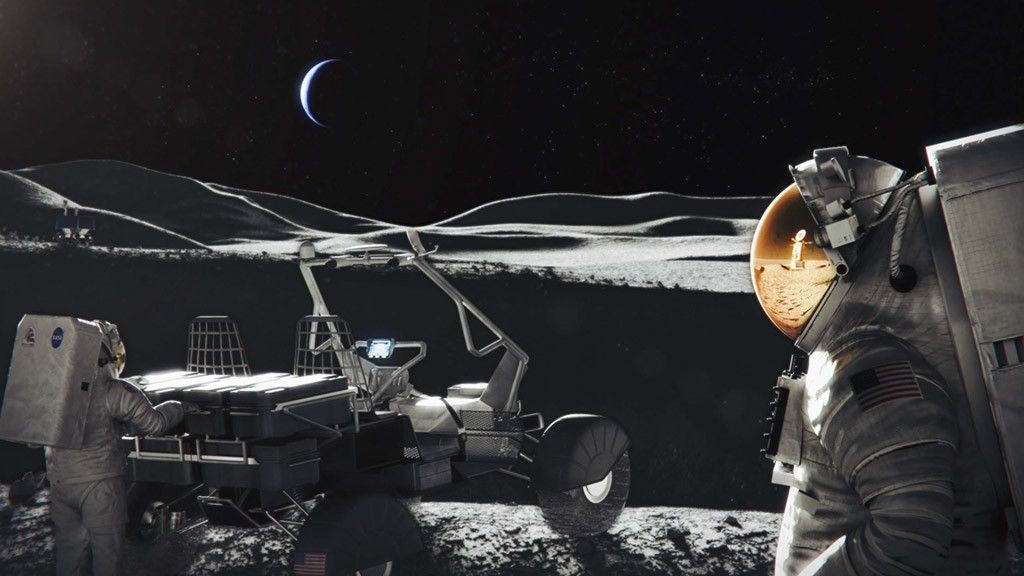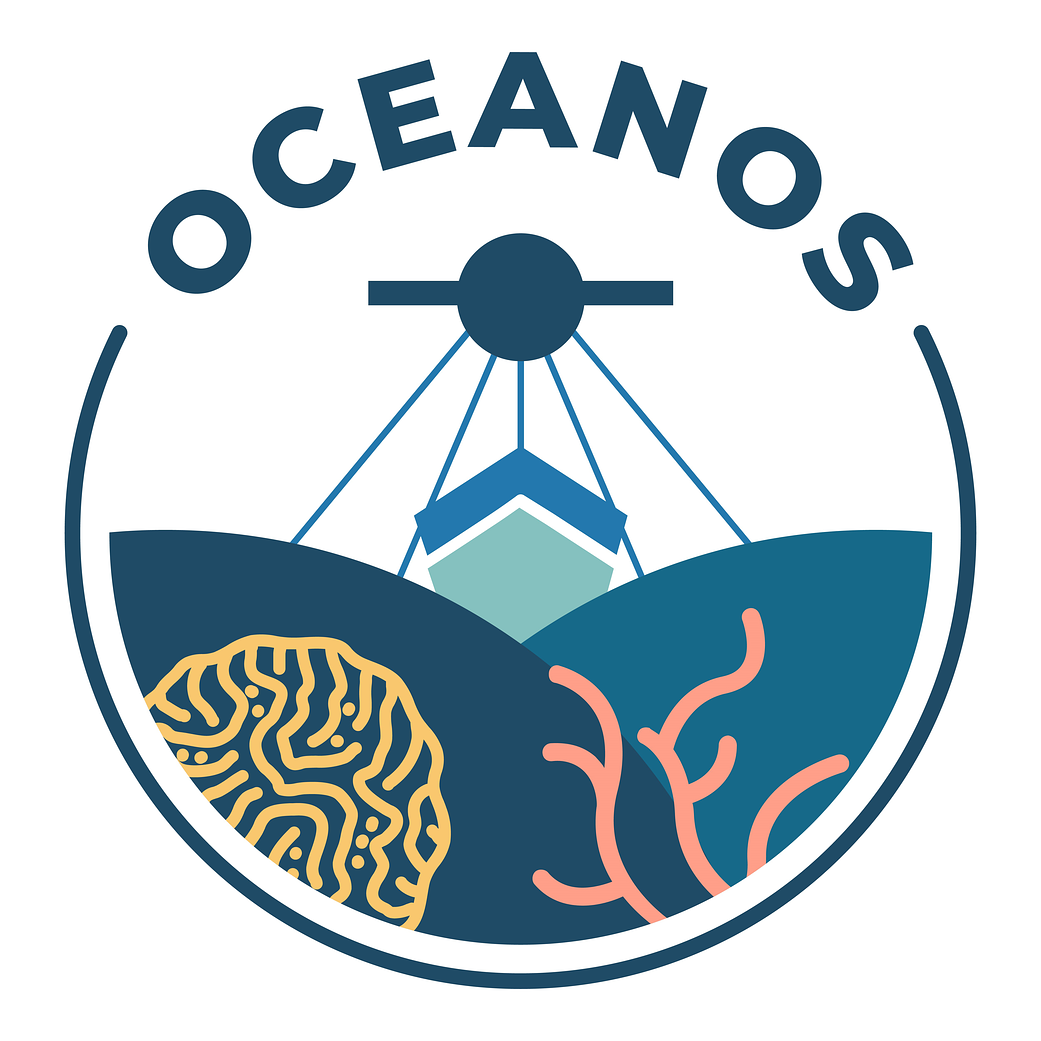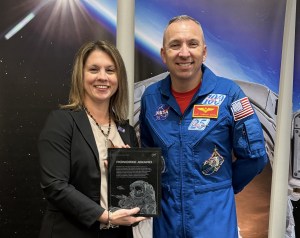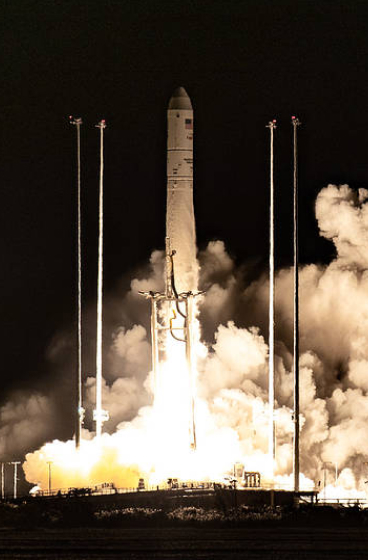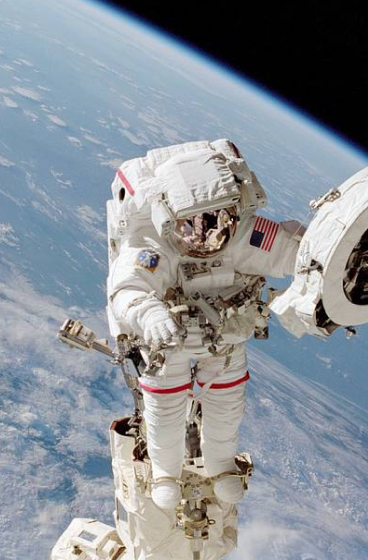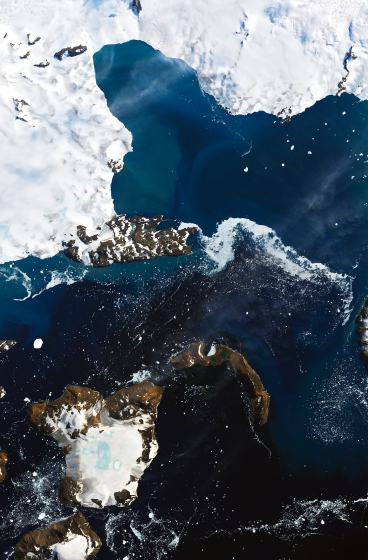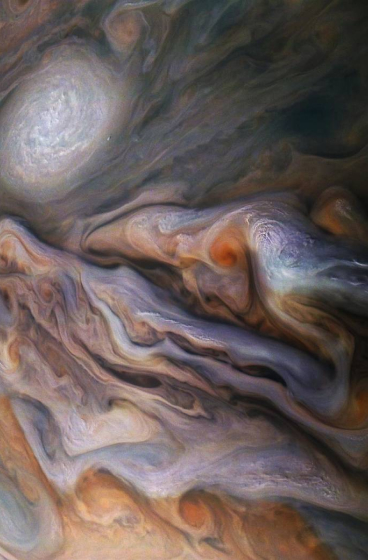Listen to Daiana's Interview:
0:00 / 0:00
My name is Diana Bravo. I attend Interamerican University of Puerto Rico, and this is my first year.
Which StoryMap topic are you presenting on?
I’m going to be presenting on coral reefs. We’re going to be expanding on what we’ve seen these four weeks in the internship. I’m actually working on the map! Basically, we take a satellite picture of PR, and we have a graph of where the corals are presented. It’s recorded and seen in a way that’s more easily interpreted by the viewer.
What have been some highlights of the OCEANOS program?
I think we can all agree that Culebra was the best part of these four weeks. We actually got to swim with manta rays. We got to swim with turtles. Some of us even learned how to snorkel. Apart from that, we also learned how to work as a team. We cooperated together to each accomplish our goals. Even if we had different projects, we still went out of our way to help people and cooperate with each other. It was all hands-on work.
Did anything surprise you in this program?
Actually, yeah. I definitely didn’t expect for us to be learning about coding. There’s code behind the Google search engine, and we actually got to see how things like gliders work. There’s a part where you can actually measure the velocity of the currents in the water, and how they submerge in the water. And then they also give it objectives on what you’re measuring underwater, and they measure that for you. It comes with a lot of data and it’s super, super surprising. On the matter of engineering: I’m not studying engineering, but it’s so impressive to see how this bar, for instance, literally just a bar (referring to a tool the students made with sensors), can tell you the speed of a current. It’s amazing. I’m in awe, honestly. Applications and STEM.
How does this internship fit into either what you’re already studying or what you’re hoping to do next?
There’s this fun fact that corals actually help with medicine. They’re composed of these certain chemicals that are actually useful in the world of medicine. Sam (Suleiman) can tell you more about that. He’s way more informed about them than I am, for sure. But it was actually very curious to find that out. I would never have expected that.
Is medicine something a field that you’re interested in pursuing?
Yeah, I’m studying biomed.
What are you going to be taking with you from OCEANOS?
I’m learning how to be more hands on. And I’m learning how to apply the theoretical information that you learn in class into real life. Like actually making connections and drawing new conclusions on how to better our planet. Outside of medicine it’s different, even though it’s all STEM and it’s all based on science; even though everything is science based, there’s definitely different branches, like physics and bio and chemistry and marine environmental science and all that. Seeing how those fields actually collaborate with each other is really surprising, and how you can also make different connections to help each other out. It’s definitely interesting.
Daiana Bravo Camacho en Español
Mi nombre es Diana Bravo. Asisto a la Universidad Interamericana de Puerto Rico, y este es mi primer año.
¿Qué tema de StoryMap presentará?
Voy a presentar en los arrecifes de coral. Vamos a ampliar lo que hemos visto estas cuatro semanas en la pasantía. ¡En realidad estoy trabajando en el mapa! Básicamente, tomamos una foto satelital de PR y tenemos un gráfico de dónde se presentan los corales. Se graba y se ve de una manera que es más fácil de interpretar para el espectador.
¿Cuáles han sido algunos aspectos destacados del programa OCEANOS?
Creo que todos podemos estar de acuerdo en que Culebra fue la mejor parte de estas cuatro semanas. De hecho, pudimos nadar con mantarrayas. Llegamos a nadar con tortugas. Algunos de nosotros incluso aprendimos a hacer snorkel. Aparte de eso, también aprendimos a trabajar en equipo. Cooperamos juntos para lograr nuestros objetivos. Incluso si tuviéramos proyectos diferentes, aún nos esforzábamos por ayudar a las personas y cooperar entre nosotros. Todo fue trabajo manual.
¿Hubo algo sorprendente para ti en este programa?
En realidad, sí. Definitivamente no esperaba que estuviéramos aprendiendo sobre codificación. Hay un código detrás del motor de búsqueda de Google, y de hecho pudimos ver cómo funcionan cosas como los planeadores. Hay una parte en la que puedes medir la velocidad de las corrientes en el agua y cómo se sumergen en el agua. Luego también le dan objetivos sobre lo que estás midiendo bajo el agua, y lo miden por ti. Viene con una gran cantidad de datos y es super, super sorprendente. Sobre el tema de la ingeniería: no estoy estudiando ingeniería, pero es tan impresionante ver cómo esta barra (refiriéndose a una herramienta que los estudiantes hicieron con sensores), por ejemplo, literalmente solo una barra, puede decirte la velocidad de una corriente. . Es asombroso. Estoy asombrado, sinceramente. Aplicaciones y STEM.
¿Cómo encaja esta pasantía en lo que ya estás estudiando o en lo que esperas hacer a continuación?
Existe este hecho divertido de que los corales realmente ayudan con la medicina. Están compuestos de ciertos químicos que son realmente útiles en el mundo de la medicina. Sam (Suleiman) puede contarte más sobre eso. Él está mucho más informado sobre ellos que yo, seguro. Pero en realidad fue muy curioso descubrir eso. Nunca hubiera esperado eso.
¿Es la medicina un campo que le interesa seguir?
Sí, estoy estudiando biomedicina.
¿Qué te vas a llevar de OCEANOS?
Estoy aprendiendo a ser más práctico. Y estoy aprendiendo cómo aplicar la información teórica que aprendes en clase a la vida real. Como hacer conexiones y sacar nuevas conclusiones sobre cómo mejorar nuestro planeta. Fuera de la medicina es diferente, aunque todo es STEM y todo se basa en la ciencia; aunque todo se basa en la ciencia, definitivamente hay diferentes ramas, como la física y la bioquímica y la ciencia ambiental marina y todo eso. Ver cómo esos campos colaboran entre sí es realmente sorprendente y cómo también puedes hacer diferentes conexiones para ayudarse mutuamente. Definitivamente es interesante.





